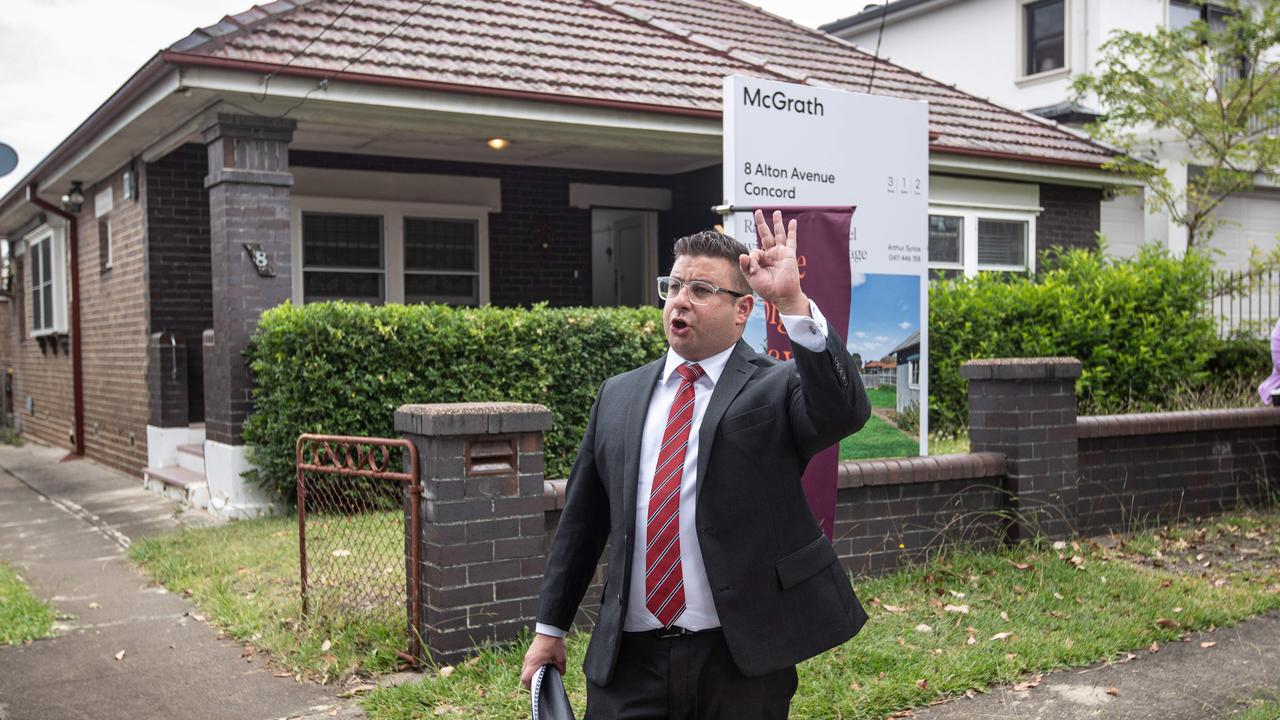Switching super? Your capital gains tax should be calculated carefully

Although changing super funds or changing an investment option within your fund does not trigger capital gains tax (CGT) personally, depending on your super fund and status, there could be significant CGT payable inside of super that many do not realise happens.
In the ‘‘accumulation’’ phase of super (before you retire), tax is applied on investment income at a rate of 15 per cent. Capital gains are also taxed at 15 per cent, however if the investment is held for more than 12 months, a 33 per cent discount is applied and the effective capital gains tax in the super account reduces to 10 per cent.
But it is not just your age and work status that dictates how much capital gains tax is applied, people also need to consider the type of super account they have as CGT can differ between retail funds, industry funds and self-managed super funds.
In a SMSF, the CGT on investments is calculated each year when the SMSF fund accountant prepares the annual financial statements and tax return.
Star & Associates accountant Luke Star says: “SMSFs maintain cost base information for each investment and when an investment is sold for a gain, the subsequent tax is apportioned across member balances within the SMSF although the actual CGT payable in pension accounts is zero. If an accumulation member rolls out of a SMSF midway through a financial year, we calculate the CGT on the selldown of assets, hold a provision in cash for CGT and rollover the balance less the CGT provision.”
Retail super funds usually operate in a similar manner where investment gains and losses are maintained at the member level. However, industry super funds can deal with CGT differently. Rather than report CGT at a member level, CGT in an industry super fund is normally calculated at the fund level, meaning the unit price and balance of your super account already takes into account CGT.
This can have its pros and cons. The main advantage is that while you are working and have an industry super fund, you know that your member balance is very close to your actual realisable balance. If you were to sell down your super investment to cash or rollover to another super fund, there is likely to be minimal CGT as it is already factored into the daily unit price.
In contrast, in a retail super fund or SMSF, a selldown and rollover could result in some of the account balance being withheld if there was a net capital gain. So be prepared: your account balance in a SMSF or retail fund may be less than what you can actually realise upon exit if there is CGT payable and you make the change before retirement.
The disadvantage of the continuously calculated CGT by industry super funds is that it limits tax planning opportunities.
For instance, if someone who starts work at age 20 on $60,000 per annum with annual super returns of 4 per cent income and 4 per cent growth, the accumulated 9.5 per cent indexed employer contributions and investment returns would result in a $1.93m account balance at age 60. Of this balance, $118,432 would be paid throughout the years in CGT if it was levied on a continuous basis within an industry super fund.
So how could a retail fund or SMSF reduce or avoid this CGT bill? The answer would be by deferring the sale of super investments with capital gains until after retirement. When you retire and start an account-based pension, the tax rate in super generally drops to 0 per cent. So by waiting until retirement and then making portfolio changes which realise capital gains, the CGT bill evaporates.
A popular strategy for people in their 50s and 60s and approaching retirement is to gradually sell down some of their share-based investments and move towards more defensive cash and bond- style investment options. So it may not be prudent or appropriate to wait until retirement to sell super investments. However, people should do their sums and consider the CGT difference if they sell super investments in the years leading up to retirement and pay up to 15 per cent tax versus when they retire and pay 0 per cent tax in the pension phase. The same thought process should be applied for those thinking about switching retail super accounts or SMSFs before retirement.
James Gerrard is principal and director of financial planning firm financialadvisor.com



We have seen dramatic rises and falls in the sharemarket over the past 12 month and many people are paying closer attention to their super accounts. This level of volatility can prompt people to make changes in their super choices and sometimes this can be more expensive than many realise.